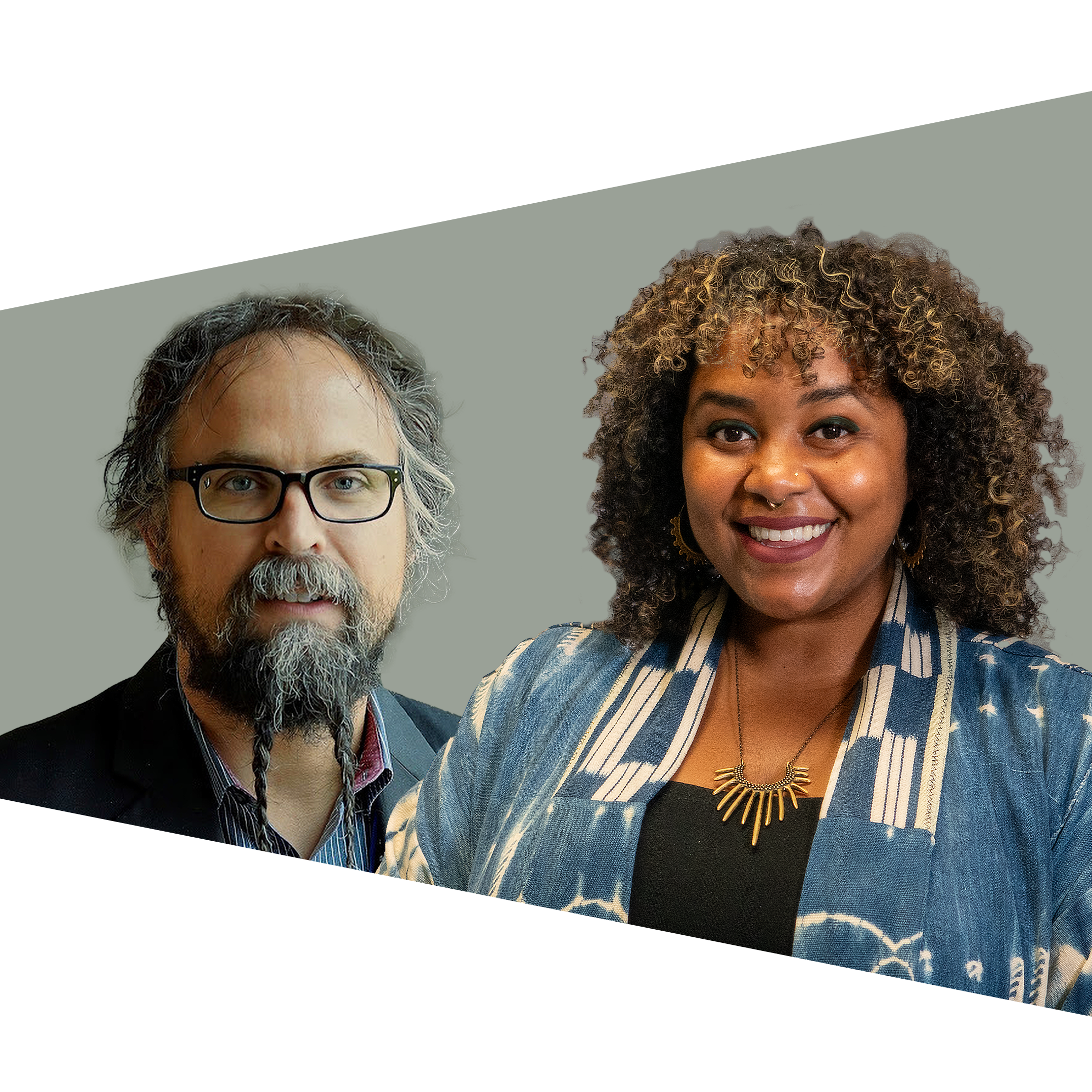

Bridging the Divides: Yomaira Figueroa-Vásquez & Kyle Powys Whyte on Apocalypse and Indigenizing Futures
Event Organizer: Center for Puerto Rican Studies
Cost: Free
Wednesday, January 31st, at 1 PM ET
This event is part of a speaker series organized by Bridging the Divides, a collaborative, interdisciplinary study group that seeks to develop a new vocabulary and conceptual pathways for theorizing and reimagining Puerto Rico and its future.
Yomaira C. Figueroa-Vásquez is an Afro-Puerto Rican writer, teacher, and scholar from Hoboken, NJ. She is Professor in the department of Africana, Puerto Rican, and Latino Studies at CUNY Hunter and is the Directora of the Center for Puerto Rican Studies (CENTRO). She is author of the award-winning book Decolonizing Diasporas: Radical Mappings of Afro-Atlantic Literature (Northwestern University Press, 2020; translated by Editora Educación Emergente, 2023), and the forthcoming book, The Survival of a People (under contract with Duke University Press). Her published work can be found in Hypatia, Decolonization, CENTRO Journal, Small Axe, Frontiers Journal, Hispanofilia, Contemporânea, Diálogos, and Feminist Formations.
Kyle Whyte is a faculty member at the University of Michigan where he is George Willis Pack Professor in the School for Environment and Sustainability, University Diversity and Social Transformation Professor, and Professor of Philosophy in the College of Literature, Science, and the Arts. Kyle teaches in the SEAS environmental justice specialization. He is founding Faculty Director of the Tishman Center for Social Justice and the Environment, Principal Investigator of the Energy Equity Project, co-Principal Investigator of SEAS’ Global Center for Understanding Climate Change Impacts on Transboundary Waters, Faculty Associate of Native American Studies, and Senior Fellow in the Michigan Society of Fellows. His research addresses environmental justice, focusing on moral and political issues concerning climate policy and Indigenous peoples, the ethics of cooperative relationships between Indigenous peoples and science organizations, and problems of Indigenous justice in public and academic discussions of food sovereignty, environmental justice, and the anthropocene. He is an enrolled member of the Citizen Potawatomi Nation.